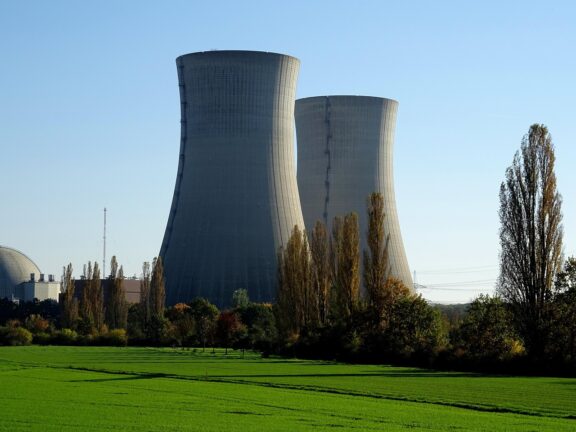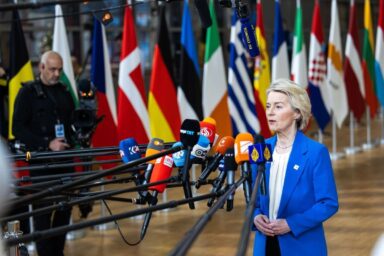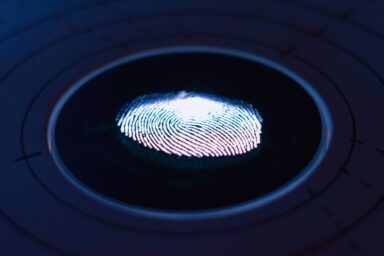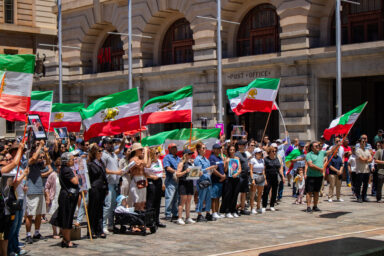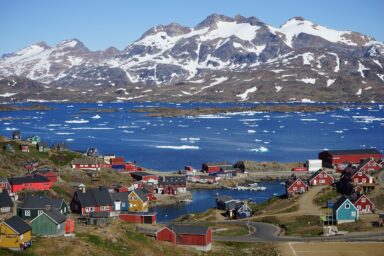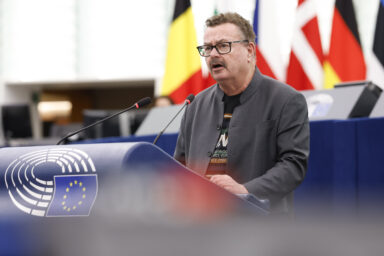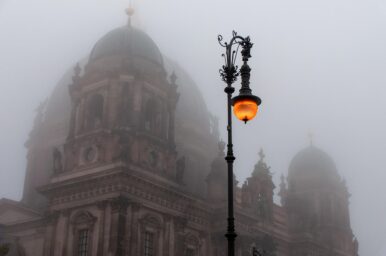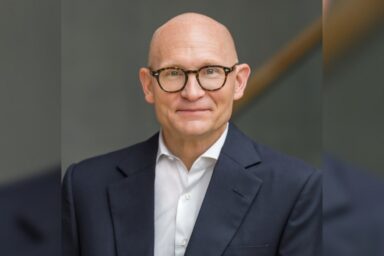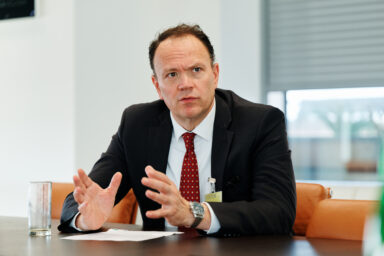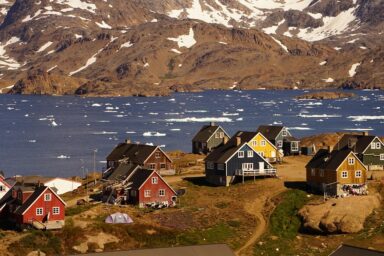Getting Europe rid of Russian gas is a given, the energy Council has agreed — but it is nowhere near enough. Fast trilogues could bring hope that legal, diplomatic, and financial muscle can turn the ambition into reality free from both Russia and fossil fuels.
Dan Jørgensen, Commissioner for Energy, and Lars Aagaard, Denmark’s Minister for Energy and Utilities, opened their press conference on 20 October following the EU Transport, Telecommunications and Energy Council by celebrating a decisive Council agreement on RepowerEU. Mr Aagaard said: “I have called it the Freedom Package because it will effectively end the possibility for Russia to sell gas to EU energy consumers, meaning that we will stop sending our money to Russia.” The ministers pledged to back both short‑term help for vulnerable states and long‑term electrification.
Ministers promised practical steps for Ukraine and Moldova. Mr Aagaard described the damage to civilian energy systems as “heartbreaking” and said member states had shown “unwavering commitment” to support. Mr Jørgensen called the moment “historic” and warned that the choice will impose hard adjustments on some countries.
Strategic support
They agreed to push deployment of renewables and grids. Mr Aagaard said electricity from renewables and nuclear must replace fossil fuels: “And it has to be decarbonized. And that effectively means that it must be electricity coming from renewables and nuclear.” Mr Jørgensen added that the Commission will help to prevent supply or price shocks during the transition.
Discussions covered legal and political barriers. Mr Jørgensen defended the legal basis for the ban on Russian gas “the target of our prohibition is Russia, a country that has many times weaponized energy against us and that is indeed not a credible trading partner.” He noted the legal service had found a sound foundation and invited any challengers to pursue remedies.
You might be interested
I have called it the Freedom Package because it will effectively end the possibility for Russia to sell gas to EU energy consumers. — Lars Aagaard, Denmark’s energy minister
Mr Aagaard said trilogues with Parliament must start swiftly and hoped for a year‑end conclusion. He spoke of pragmatism and deadlines: “We want it to be out working in real life. We all are eager to see a ban on Russian gas.” He urged Parliament to match the Council’s urgency.
Dependency anxieties
They addressed dependency anxieties. Mr Aagaard accepted that Europe must avoid substituting one supplier for another. He argued that electrification and homegrown energy are the long‑term answers. “Here lies the long-term answer to your question, and there is no quick fix to Europe’s dependency on fossil fuels, but the long-term answer is that also we should be able to produce homegrown energy, and that means mainly electricity, and it must come from decarbonized sources of all kinds,” the Danish minister said. Mr Jørgensen rehearsed a three‑pronged approach — more renewables, greater efficiency and diversified fossil supplies.
The pair offered numbers to lend weight to ambition. Mr Jørgensen reported rising renewables deployment. “Last year we deployed 78 gigawatts of new renewables in Europe. This year it’ll be 89 probably. And next year hopefully it’ll be even more so,” the commissioner said. He argued that consumption cuts already trimmed annual gas use by roughly 15 billion cubic metres, comparable to past Russian deliveries.
They promised funding and infrastructure. Mr Jørgensen flagged large CEF payments and higher future allocations for “safe energy” in the next multiannual budget. He pointed to a near‑ready interconnector between Denmark and Germany on Bornholm as an example. “There’s one that’s already quite far, and that’s the one situated in the country of Minister Aagaard,” he said playfully, himself hailing from the same country.
Costs, infrastructure and timing
On prices and short‑term relief, Mr Jørgensen said the Commission will speed measures from the Affordable Energy Action Plan and previewed an imminent press release—“tomorrow I will be I’ll be I’ll be sending out a press release and talking to to media on some of those measures that can fast-track our our affordable energy plan.” He promised close work with member states to make help effective.
The Council faced internal dissent. Hungary signalled legal reservations and potential litigation against the ban. Mr Jørgensen insisted the case rests on Russia’s record of weaponising energy: “For us, this is a very, very clear court case.” He accepted legal challenges but predicted the policy will endure.
I certainly am of the opinion that Russian nuclear fuel is also something that we need to get rid of. — EU Energy Commissioner Dan Jørgensen
Mr Aagaard stressed the presidency’s role in brokering compromise. He said 25 countries backed the repower position and that the presidency had prepared a compromise text. He reiterated the goal to finish negotiations this year. “The aim is to conclude the negotiation with Parliament before the end of this year,” he said.
Implementation counts
They tackled implementation details. Mr Jørgensen said the methane regulation remains the objective but offered flexibility on implementation: “The regulation stands as it is, the objective stands as they are, but we are always very willing to look at how to make it easier to implement.” He promised constructive talks with external suppliers on methane compliance.
Nuclear fuel drew comment. Mr Jørgensen called Russian nuclear fuel undesirable and said the Commission studies timing and options. “Well, I certainly am still of the opinion that Russian nuclear fuel is also something that we need to get rid of,” he said, stressing that the financial scale is smaller than in the case of gas. He also pledged to update when a plan exists.
On domestic politics, they conceded some states want a review after two years. Mr Jørgensen argued the regulation should be durable: “In my opinion, we should never again import gas from Russia.” He said legislation offers permanence beyond sanctions that might lapse after a peace.
Nuclear, reviews and durability
Finally, they sketched project pilots and next steps. Mr Jørgensen confirmed energy‑highway pilots will start this year and identified the Bornholm link as advanced. He reminded audiences of larger budgetary intent; it means five times more money for connecting energy in the next MFF proposal. Mr Aagaard noted the presidency logged a Spanish request on seasonal time but left transport ministers to handle it.
The tone combined bold ambition with cautious realism. Ministers pledged to end Russian gas flows and to replace them with European, decarbonised power. They paired legal certainty, diplomatic outreach and financial muscle. Now they must turn package into pipelines, panels and power stations; moreover, they must do so fast enough to match their rhetoric.
